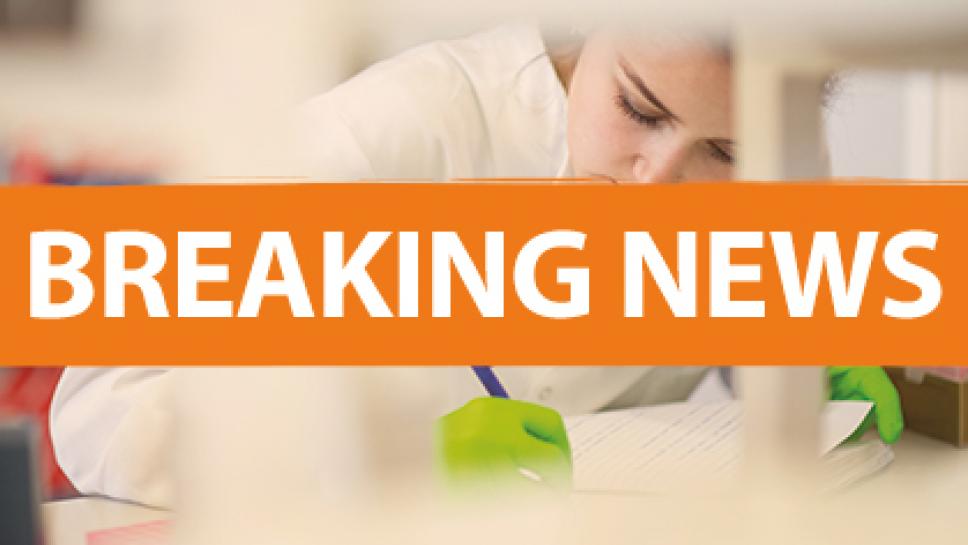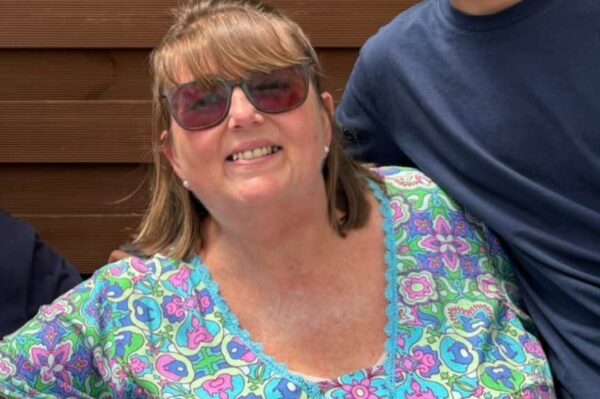NICE has published draft guidance stating that although Translarna (also known as ataluren) is clinically effective and an innovative treatment, there is doubt as to its cost effectiveness. NICE’s draft recommendation is that people currently receiving Translarna should continue to have access to it until they and their NHS clinician consider it appropriate to stop, but that it shouldn’t be provided for new patients after January 2023. This continuing access for existing patients is welcome, but we are very disappointed by this draft decision regarding new patients and are urging NICE and PTC Therapeutics to work together to address the concerns raised about cost effectiveness.
NICE publishes draft guidance on access to Duchenne muscular dystrophy treatment Translarna

On 30 September 2022, NICE published its draft guidance on Translarna (also known as ataluren).Translarna is used to treat Duchenne muscular dystrophy with a nonsense mutation in the dystrophin gene and is currently available through a Managed Access Agreement (MAA), which ends in January 2023. Duchenne muscular dystrophy affects around 2,500 people in the UK, and it is estimated that approximately 10% of these people carry a nonsense mutation in the dystrophin gene.
The draft guidance recognises the clinical effectiveness of Translarna and that the treatment is likely to slow the progression of Duchenne muscular dystrophy. It also recognises that Translarna has a positive impact on the lives of people receiving it and on caregivers. However, at this stage NICE is concerned about the cost effectiveness of the treatment.
This has led to the draft guidance recommending that while anyone currently receiving Translarna should continue to do so after the MAA ends in January 2023, the NHS should not provide the treatment to newly diagnosed patients after that date. This draft recommendation is now subject to consultation until 21 October 2022, with a final decision likely by January 2023.
NICE guidance is usually mirrored in Wales and Northern Ireland. In Scotland, Translarna is available through the ultra-orphan pathway until early 2024.
The uncertainties around the cost-effectiveness of Translarna highlighted in the draft guidance include how quality-of-life differences between people receiving Translarna and other people with Duchenne muscular dystrophy are measured, how caregivers’ quality of life is measured, and the age at which people are likely to start receiving Translarna.
Muscular Dystrophy UK (MDUK) has been working alongside individuals, families and other patient organisations throughout the MAA and the appraisal process. We welcome the recognition of the clinical effectiveness of Translarna and the news that people currently receiving it will be able to continue to do so until they and their NHS clinician jointly consider it appropriate to stop.
We are, however, very disappointed that at this stage it is not being recommended for people diagnosed after January 2023. It is not unusual for a treatment to receive this type of decision at this stage and for it to then be recommended for use after the consultation stage. MDUK will continue to work in partnership with individuals, families and other patient groups to engage in the consultation process. We urge NICE and PTC Therapeutics, the company that manufactures Translarna, to work together without delay to address the concerns around cost-effectiveness that have been raised at this stage, and for all parties to show flexibility to ensure that people diagnosed after January 2023 can have access to the treatment.
Take action
- MDUK and Action Duchenne will be holding a community briefing over Zoom on Wednesday 5 October 12-1pm. Register here to attend. A recording of the session will be made available.
- MDUK and Action Duchenne will be submitting a joint response to the NICE consultation and will shortly highlight key areas of input needed. Let us know if you’d like to be kept updated about this at campaigns@musculardystrophyuk.org
- Anyone who wishes to take part directly in the NICE consultation can do so by visiting the ataluren section of the NICE website.
If you, or someone you care about, is affected by this decision, MDUK is here for you. Contact our helpline at 0800 652 6352 for practical information and emotional support (open Mon-Fri, 10am-2pm).


